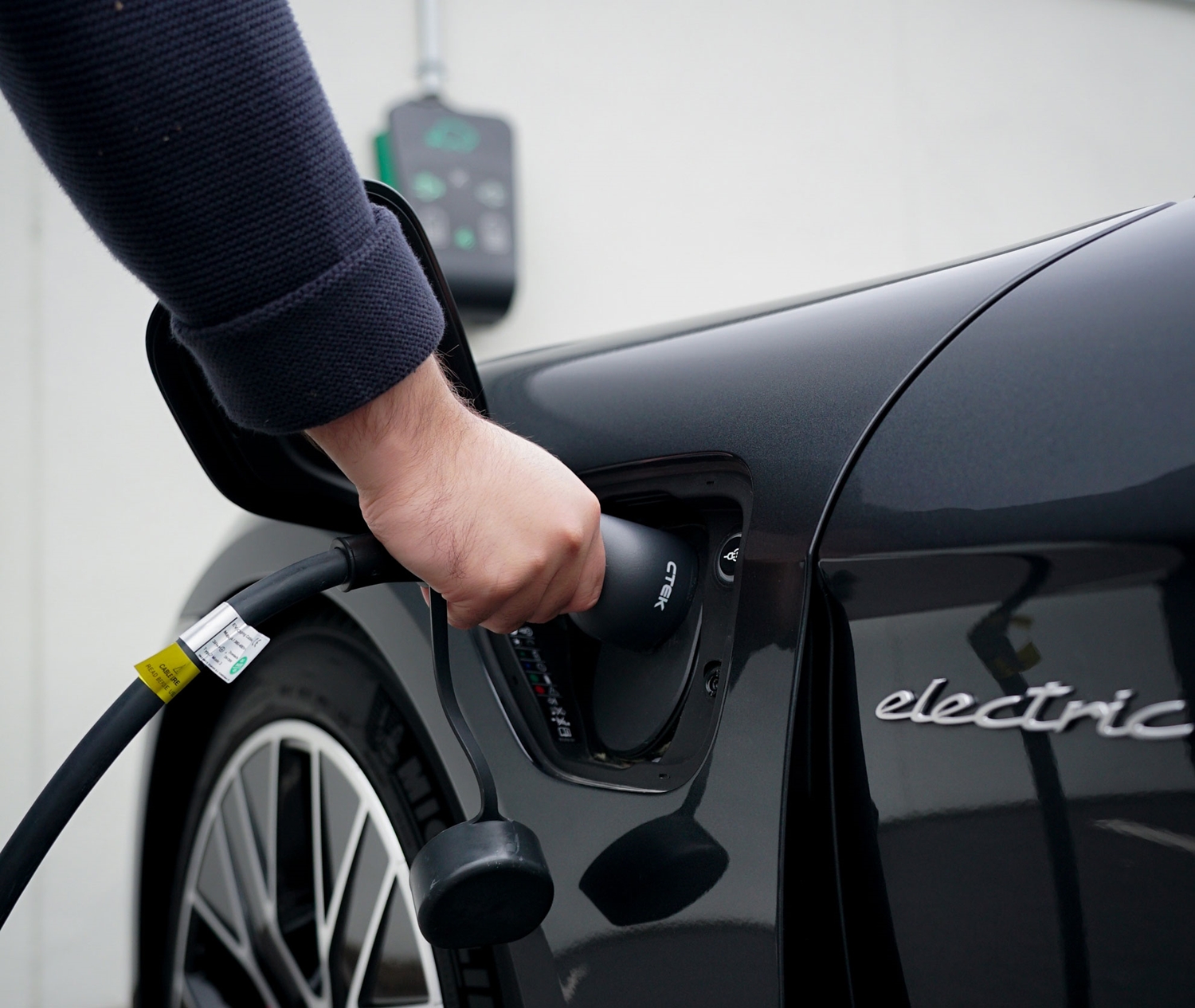Next year E stands for electric car economy
Range anxiety around electric cars has been reduced faster than we could have imagined by rapid battery development, the roll-out of destination charging with AC and DC charging along our major roads. The vehicles themselves are also of high quality and make their owners happy. The key issue for 2023 is the economics, both the cost and the ability to pay for electric charging. So writes Cecilia Routledge of CTEK in her latest trend survey.
More expensive electricity - but the electric car still economical
Despite skyrocketing electricity prices and concerns about winter indoor temperatures on everyone's lips, driving an electric car is still more economical than filling up with petrol and diesel. Mobility Sweden has shown that it is even cheaper in 2023 than in previous years. For those who live in the hard-hit electricity area 4 in southern Sweden, it cost a record SEK 9.50 per mile to charge an electric car at home in August, but it was cheaper than filling up with petrol and diesel. "Regardless of where you live, it is still cheaper with an electric car," Mattias Bergman, CEO of Mobility Sweden, told SVT on 11 October this year. Sure, electricity prices have skyrocketed during certain times of the day, but with a smart type of charging, the electric car still wins over a car with a petrol or diesel engine - even during the time of day when electricity prices are at their highest
Spot electricity prices even when you charge your car
Spot pricing means that the consumer buys electricity at the price the market determines at that particular time. With smart charging technology at home, it will therefore be possible to set up your vehicle to be charged only when the electricity price is at the level you are willing to accept. In more of the products we have developed at CTEK, it is already possible to schedule charging to take place between 00-05, the hours when the price tends to be low.
Waiting for e-roaming
Mobile roaming means connecting to another mobile operator's network when you go abroad to use your phone, which requires a subscription that allows roaming. Now the same is coming for electric car charging, known as e-roaming. There is already an EU regulation in place for this (Alternative fuels infrastructure directive (2014/94), which was adopted this October and should be fully implemented by 2027. These rules say, among other things, that you should be able to choose which app you want to use to stop, charge and pay at any charging station across the EU. The directives are part of "Fit for 55 in 2030", the EU plan to reduce greenhouse gas emissions by at least 55% by 2030, from 1990 levels. So now we wait for charging operators in Europe to take the next step. The technology for charge roaming is already in place, with the Open ChargePoint Interface (OCPI) protocol allowing the hardware at charging stations to communicate with the software that manages roaming. As well as making it easier for consumers, this also offers the possibility of harmonising prices, so that charging operators do not charge more when you are travelling than you pay with your home subscription. This too is likely to need legislation at EU level.
Fintech for electricity charging
Which company or companies from the financial side will help us avoid having to carry all the sorts of credit cards, apps and RFID tags needed to be able to pay to charge the electric car from the many charging operators? This may seem trivial, but the easier it is to use a service, the more likely it is that customers will have a positive buying behaviour. This is where Vourity, among others, is an interesting player in the integration of payment solutions. Imagine when anyone, regardless of car brand, can plug in the cable, the car automatically identifies itself and the charging cost is deducted directly from the driver's credit card. Plug & Charge has the potential to fundamentally change the playing field for electric charging.
Last but not least - cheaper electric vehicles?
We know that the purchase cost of electric vehicles is a major barrier for many people considering buying an electric car. According to a survey we commissioned at CTEK, of drivers who have not previously owned a plug-in vehicle, they are only willing to buy one if the price is less than SEK 250,000. Thus, the relatively high purchase costs remain a barrier for the many drivers who are still interested in buying a plug-in vehicle. Perhaps the increase in private leasing of electric cars is a sign that the situation is changing after all?

